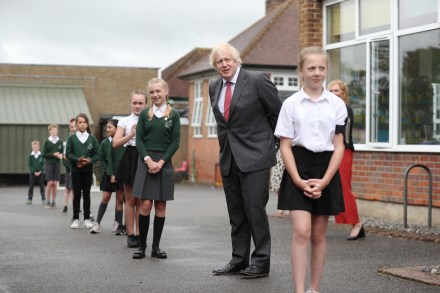Reopening schools is Boris’s next big test
The Tories are well aware that the public won’t endlessly give them the benefit of the doubt on their handling of the coronavirus crisis. They are also aware that one of the most tangible signs to people that the government is still not in control of things is if schools fail to open – or have to rapidly close again – this autumn. Boris Johnson’s op-ed in the Mail on Sunday makes clear that he and his colleagues appreciate this, and that reopening schools will be the ‘national priority’. There is also plenty of briefing that Gavin Williamson’s ‘head will be on the chopping block’ if English schools don’t start





















